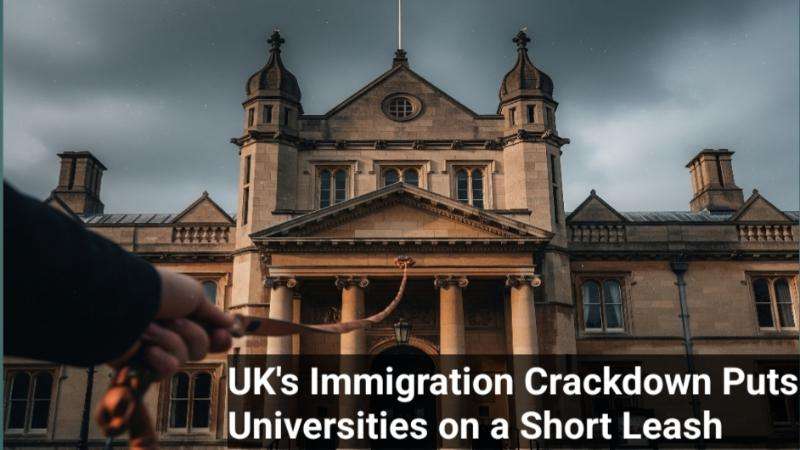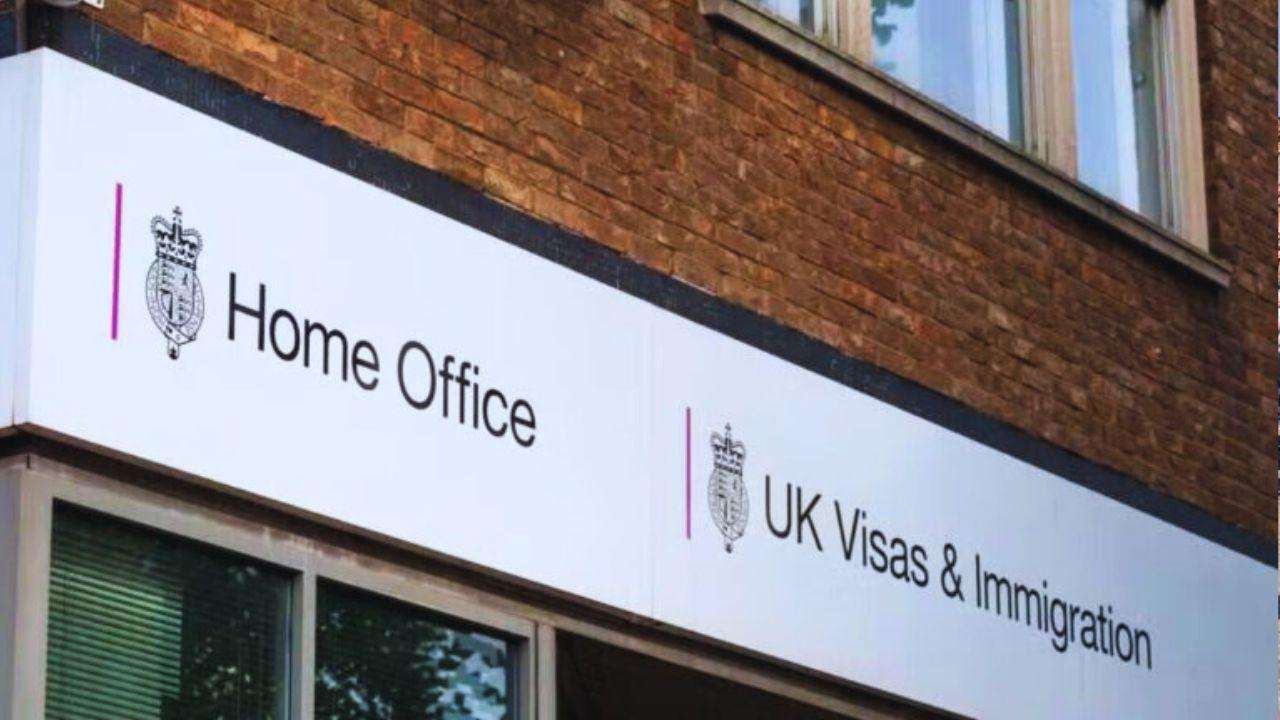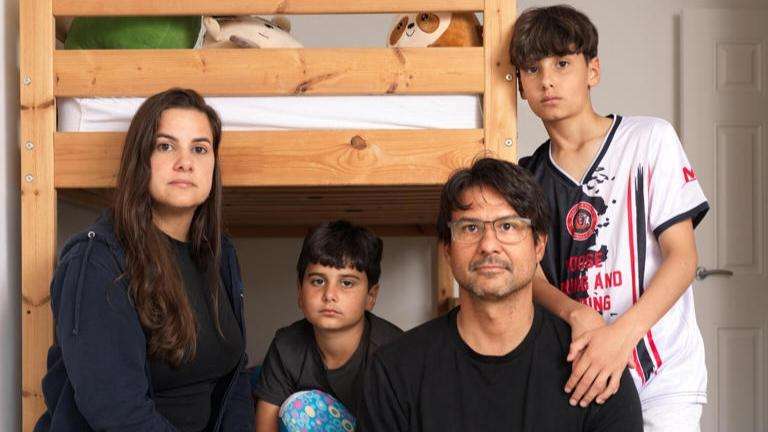Portugal's new Prime Minister, Luís Montenegro, has today confirmed his government's intention to "tighten the rules" governing immigration, signaling a significant shift in the country's once more lenient approach. While he reassured that family reunification would not be suspended, the announcement has sent ripples of concern through the burgeoning South Asian immigrant communities – including those from Bangladesh, India, and Pakistan – who have increasingly made Portugal their home.
During a heated debate in the Assembly of the Republic, Montenegro responded to demands from the far-right Chega leader, André Ventura, by stating the government seeks to "further limit the possibilities that are open today." This comes after previous government actions, notably the abolition of the "expression of interest" residency mechanism in 2024, which allowed non-EU nationals to gain legal status after entering on tourist or non-work visas and contributing to social security. This change alone led to thousands of rejected applications and notices for individuals to leave the country, disproportionately affecting communities who relied on this pathway.
Prime Minister Montenegro emphasized that "integrated and well-integrated immigrant families" and "immigrant students are good for the economy and the country’s development." However, he sharply criticized the "lack of rules" and "inability to enforce the rules" that have led to the presence of illegal immigrants, stating, "what is bad" is this uncontrolled presence. To address this, he announced upcoming amendments to the nationality law and the law on foreigners, and challenged Chega to support the creation of a dedicated foreigners and borders unit within the Public Security Police to streamline repatriation procedures.
Family Reunification: A Crucial Lifeline Under Scrutiny
A core point of contention in the debate was family reunification. Chega leader André Ventura directly pressed the Prime Minister on whether the government would "prevent or suspend family reunification," drawing parallels to Austria's stricter stance. While Montenegro explicitly stated it would not be suspended, the sentiment of "tightening" rules around it, and previous government statements about limiting family reunification to the "capacity of Portuguese society to integrate immigrants," remain a significant worry for many.
For many South Asian immigrants, particularly those who arrived through the "expression of interest" pathway now closed, family reunification is not just a policy but a fundamental human right and a crucial part of their integration into Portuguese society. Thousands have spent years working, contributing to the economy, and waiting for their residence permits to be processed by the Agency for Integration, Migration and Asylum (AIMA), which replaced the former Foreigners and Borders Service (SEF). AIMA has faced immense criticism for its significant backlog, with hundreds of thousands of applications pending.
Leaders within the Bangladeshi community, for instance, have voiced their frustration over the "radicalism" of government policy and the slow response from AIMA, stating that "family reunification is not moving forward, despite the promises that are made." The difficulty in securing and renewing documents, coupled with the uncertainty surrounding family members joining them, creates immense stress and hinders genuine integration efforts.
Impact on South Asian Communities
The proposed tightening of rules, while framed as a move towards "regulated immigration," is likely to create further hurdles for South Asian immigrants. The previous termination of the "expression of interest" mechanism has already forced many to navigate a much more complex path to legal residency, often requiring them to obtain work visas before entering the country. This demands more extensive planning and preparation, potentially making Portugal a less accessible destination for those seeking work or a new life.
The South Asian diaspora in Portugal, which has grown significantly in recent years, contributes substantially to various sectors of the Portuguese economy, from agriculture to services. Many have established families, businesses, and vibrant cultural communities. The new measures, even if family reunification remains in principle, could lead to:
Increased Delays: Further complexities in the application process could exacerbate already lengthy waiting times for residence permits and family reunification requests.
Economic Strain: For those unable to regularize their status or bring their families, the financial and emotional burden can be immense, potentially driving them into precarious work or difficult living conditions.
Uncertainty and Anxiety: The constant shifting of immigration policy creates an atmosphere of instability, making it difficult for individuals to plan their futures or feel secure in their adopted country.
Impact on Integration: When families are separated or individuals face an uncertain legal status, their ability to fully integrate into Portuguese society, learn the language, and contribute optimally is inevitably hampered.
While the Portuguese government insists on a "humanistic integration" of immigrants, the practical implications of these tightened rules and the ongoing challenges with administrative processing will be closely watched by South Asian communities and immigrant rights advocates alike. The coming amendments to the nationality and foreigner laws will be critical in determining the true impact on thousands of lives in Portugal.








.svg)

.jpg)
_1.jpg)
